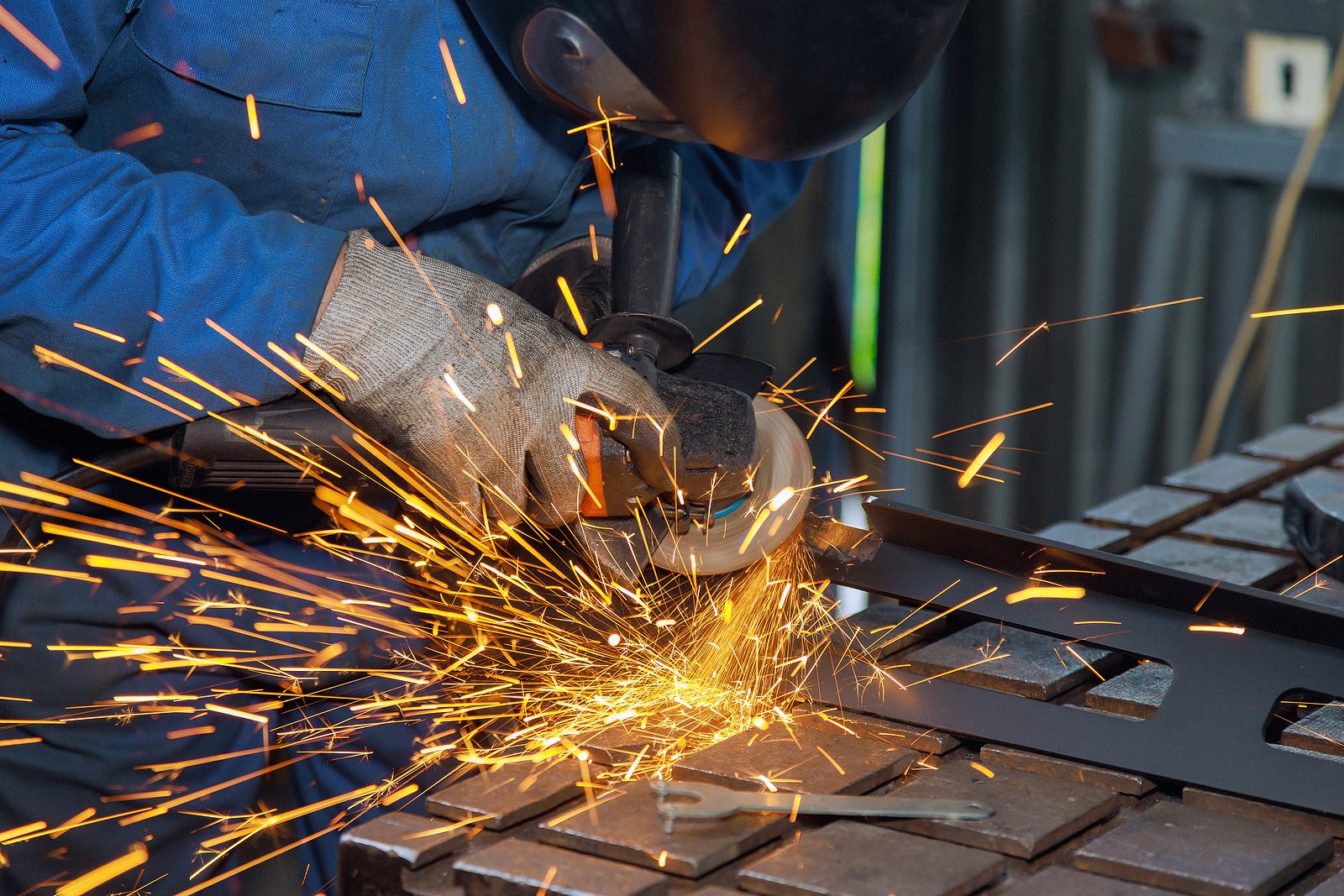A new survey in the UK metals sector has found that 70% of respondents are optimistic about the future, despite facing a range of challenges. The UK Metals Council’s State of the Metals Industry survey found that Brexit, labour shortages, and high energy costs were the main concerns within the sector.
The British Metals Recycling Association (BMRA) reports that nearly a third of UK firms wanted extra support from the government to help with post-Brexit trading and customs procedures. Meanwhile, a quarter of firms said that they had adjusted their supply chain strategies or had sourced alternatives.
Labour shortages were a concern for 31%, while 22% of manufacturers were keen to reduce their energy costs by switching to cheaper suppliers. However, 70% of respondents said that they were optimistic or very optimistic about their future business prospects.
Rachel Eade MBE, Chair of the UK Metals Council, said: “We touch metals every day, whether that is in our homes, in the cars, planes and trains we travel in, the medical devices we rely on, as well as tools and machinery used for their production.”
She added: “Importantly, it is now recognised that metals can be infinitely and readily recycled into new parts, something that cannot be said for many other materials in modern life – we need to value metals more as we move to a Net Zero economy.”
“Foundation industries will continue to play a critical role in the way we all live, and this vital sector needs a voice to ensure that the Government understands the journey we are on.”
“This is why we came up with the State of the Metals Industry in the UK Report, in conjunction with the team from the UK Metals Expo. It’s a unique opportunity for us to canvas the views of primes, metal producers and those in the downward supply chain.”
The metals recycling industry is a significant net contributor to the UK economy and also helps to save energy, reduce the carbon footprint and limit the waste of natural resources. It recycles materials from end of life vehicles, batteries, packaging, and electrical and electronic waste.
Scrap metal is also known as secondary raw materials. By recycling it into new metal compounds, it reduces the need to extract iron ore for steelmaking, nickel for stainless steel, and alumina and bauxite for aluminium smelting.
Metals recycling is also a part of the global economy and despite a slowdown in demand in recent years, there are still lucrative export markets. The UK is one of the top five largest metal scrap exporting countries in the world, and recycles an average of 10 million tonnes of metal per year.
If you are looking for conveyor belt skirting, please visit our website today.





